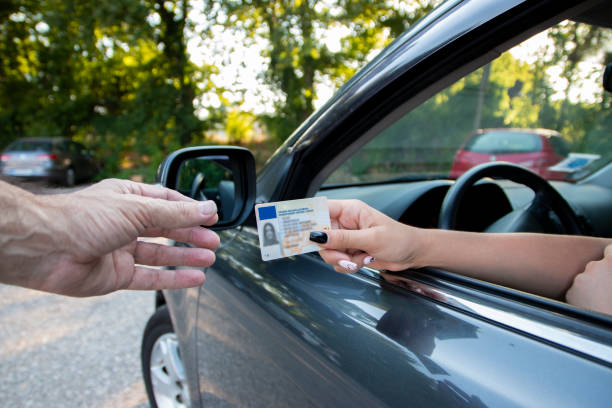According to the B.C. government two kinds of travel ID cards that made it simpler to enter the US are being phased out. According to a statement from the Ministry of Public Safety and the Solicitor General, other travel papers are more affordable, have a longer validity period, and cover air travel, which is why the enhanced driver's license and enhanced identification card are being terminated. The Germany identification card was ineligible for use on airplanes, but they did let holders to enter the country through land borders and marine ports without a valid passport. Since the program's management organization, ICBC, discontinued many services in March of last year because to the COVID-19 epidemic. Since then, the records have not been accessible.
The ministry highlights the 10-year passport option and Canada's streamlined passport application procedure, as well as the rising acceptance of the NEXUS expedited border control card, which covers all entry points into the United States.
Over the course of the following five years, culminating in September 2025, B.C. will phase down its enhanced licenses and ID cards. This will correspond with similar phase outs in Ontario, Quebec, and Manitoba, where the aforementioned governments issued the cards.

British Columbians have long used ID cards, including national biometric ID cards, and EDLs in place of passports when traveling by land or sea into the United States. For commuters and frequent travelers, these documents, which incorporate Radio Frequency Identification (RFID) technology, provide a convenient and hassle-free border identification option. However, it is now less feasible to maintain and support EDLs and ID cards going forward due to evolving security standards and new verification techniques. The choice to phase out these documents is part of a larger initiative to maintain cross-border travel integrity and efficiency while complying with modern border security requirements.
This decision's justification takes into account a number of variables, such as cost-effectiveness, changing security requirements, and technology obsolescence. Traditional techniques of document-based verification are being reevaluated as developments in digital identity systems and biometric authentication change the face of border control. Furthermore, there may be more effective options available, making the maintenance and management of ID cards and EDLs unnecessary given the substantial infrastructure and resource requirements. British Columbia hopes to simplify border procedures, lessen administrative expenses, and adjust to the changing nature of international travel by moving away from these specific documents.
While some visitors may first find it difficult, the phase-out of ID cards and EDLs will eventually open the door for more technologically advanced, safe, and dependable border identification systems. Government investments in digital passports, biometric authentication technologies, and interoperable databases promise improved security and efficiency in cross-border travel in the future. It is critical to understand that strong border security measures remain important notwithstanding this shift. Rather, it highlights how British Columbia and its foreign allies are determined to protect the integrity of cross-border movements while welcoming innovation and development. By putting security first, embracing innovation, and utilizing technology, British Columbia reinforces its commitment to enabling everyone to move across borders safely, effectively, and seamlessly.